#LGBTQ+literatureperspectivesOrlandonovelanalysispdf
Explore tagged Tumblr posts
Text
Virginia Woolf's Woolf's Orlando: Gender Fluidity Exploration or Appropriation Concerns?

Virginia Woolf, a luminary of modernist literature, left an indelible mark on the literary landscape with her masterpiece "Orlando." This novel, a testament to Woolf's unparalleled narrative ingenuity, explores the intricacies of gender identity through the lens of its titular character, Orlando. In this analysis, we delve into Woolf's portrayal of gender, examining the novel's impact and addressing contemporary concerns of appropriation.
Outline of the Article
- Introduction - Brief overview of Virginia Woolf's "Orlando" - Mention of the novel's significance in literature - Unraveling the Ending of "Orlando": Virginia Woolf's Literary Enigma - Virginia Woolf: Crafting Literary Landscapes - Overview of Virginia Woolf's literary style and contributions - Connection to modernist literature - Orlando's Gender Transformation - Examination of Orlando's journey from male to female - Exploration of the character's inner conflicts - Gender Fluidity in Literature - Contextualizing the portrayal of gender fluidity in literature - Discussing the evolving perspectives in LGBTQ+ literature - Virginia Woolf's Intentions - Analyzing Woolf's motivations behind writing "Orlando" - Exploring her views on gender and identity - Reception and Criticism - Examining how "Orlando" was received upon publication - Addressing early criticisms and praises - Appropriation Concerns - Discussing contemporary concerns about the appropriation of gender identity - Examining how Woolf's portrayal is perceived in the current social context - Literary Impact of "Orlando" - Evaluating the novel's impact on literature and gender studies - Highlighting its continued relevance - Intersections with LGBTQ+ Perspectives - Exploring how LGBTQ+ communities view Woolf's depiction of gender - Analyzing discussions within the LGBTQ+ literary discourse - Comparative Analysis - Comparing "Orlando" to other works exploring gender identity - Identifying common themes and unique aspects - Modern Reader's Perspective - Investigating how modern readers interpret "Orlando" - Considering the evolving societal attitudes towards gender - Conclusion - Summarizing key points - Offering final thoughts on the exploration of gender in "Orlando" - FAQs - Addressing common questions about Virginia Woolf's "Orlando" and its portrayal of gender fluidity
Virginia Woolf's "Orlando: Gender Fluidity Exploration or Appropriation Concerns?
Virginia Woolf: Crafting Literary Landscapes
Virginia Woolf, an icon of modernist literature, approached her craft with a revolutionary spirit that defied conventional norms. As she delved into the creation of "Orlando," Woolf's avant-garde approach to storytelling became a guiding light for future generations of writers. Her distinctive style, marked by a stream-of-consciousness narrative and innovative perspectives, carved a unique niche in the literary landscape. Woolf's narrative odyssey wasn't confined to the boundaries of traditional storytelling. She ventured into unexplored territories, breaking away from linear structures and embracing a more fluid and dynamic approach. The stream-of-consciousness technique, a hallmark of her literary arsenal, allowed readers to navigate the innermost thoughts and emotions of characters in a way that transcended the limitations of conventional narrative. The avant-garde nature of Woolf's storytelling wasn't merely a stylistic choice but a conscious effort to challenge and reshape the reader's engagement with literature. By shattering the confines of traditional narrative structures, Woolf invited her audience to participate in the ebb and flow of characters' consciousness, forging a deeper connection between the written word and the reader's interpretative experience.
Unraveling the Ending of "Orlando": Virginia Woolf's Literary Enigma
The conclusion of Virginia Woolf's "Orlando" is a tapestry of complexity, leaving readers to grapple with its nuanced layers. As Orlando transcends centuries, genders, and societal expectations, the ending serves as a culmination of Woolf's exploration of identity and time. Woolf's intentional ambiguity in the closing chapters allows for multiple interpretations. Some see it as a celebration of liberation, where Orlando finds self-discovery and acceptance. Others view it through a lens of ambiguity, questioning the permanence of identity in the face of societal constructs. The finale resonates with Woolf's broader themes of fluidity and resistance to normative constraints. It beckons readers to question their perceptions of self and others, mirroring the novel's timeless relevance. Suggested Virginia Woolf Books: - "Mrs. Dalloway" - A seminal work exploring the inner lives of characters in post-World War I England. - "To the Lighthouse" - A poignant exploration of memory, time, and human connection. - "The Waves" - A lyrical and experimental narrative delving into the intricacies of friendship. - "A Room of One's Own" - Woolf's seminal essay on women's role in literature and society. - "Mrs. Woolf and the Servants" - A comprehensive examination of Woolf's relationship with her domestic help. These works showcase Woolf's literary prowess, offering readers a glimpse into her multifaceted exploration of consciousness, identity, and societal structures.
Orlando's Gender Transformation
"Orlando" emerges as a narrative marvel within Woolf's repertoire, primarily for its exploration of gender identity and transformation. At the narrative core lies the transformative journey of Orlando, a young nobleman in the Elizabethan era, whose existence spans centuries, culminating in a poignant realization of womanhood in the 20th century. Orlando's metamorphosis is a tapestry of self-discovery, desire, and societal expectations. It goes beyond the physical manifestations of gender change, delving into the intricacies of identity formation and the evolving perceptions of selfhood. Woolf, through Orlando, crafts a character whose journey becomes a metaphor for the fluidity of gender roles and the quest for authenticity in a world that imposes constraints. The narrative acrobatics employed by Woolf in depicting Orlando's transformation reflect not only the malleability of gender but also the broader concept of time as a fluid dimension. The novel blurs temporal boundaries, challenging the linear progression of time, and inviting readers into a world where centuries coexist seamlessly.
Gender Fluidity in Literature
Woolf's portrayal of gender fluidity in "Orlando" transcends the confines of a singular novel; it becomes a vibrant contribution to the ongoing conversations within LGBTQ+ literature. Her nuanced exploration of gender as a dynamic and evolving aspect of identity aligns with the shifting perspectives and narratives emerging within the LGBTQ+ literary landscape. In "Orlando," gender fluidity isn't a mere narrative device but a deliberate choice to engage with the complexities of human identity. The novel becomes a mirror reflecting the multifaceted nature of gender experiences, challenging societal norms and inviting readers to question preconceived notions. As Woolf weaves the intricate tapestry of Orlando's existence, the novel becomes a beacon within LGBTQ+ literature, providing a narrative space where identities are not confined but allowed to flourish in their diverse expressions. The interplay between Woolf's literary innovation and the exploration of gender fluidity in "Orlando" marks a significant intersection between artistic creativity and social discourse.
Virginia Woolf's Intentions
To delve into Virginia Woolf's intentions behind "Orlando," we embark on an exploration of her profound views on gender and identity. In crafting this literary masterpiece, Woolf aspired to create more than just a narrative; she aimed to construct a liberating space that challenged the societal confines dictating gender norms during her era. "Orlando" serves as a canvas where Woolf's brushstrokes of literary innovation paint a picture of liberation. The novel becomes a revolutionary manifesto, pushing against the rigid boundaries that confined individuals within predetermined gender roles. Woolf's intention was not just to tell a story but to dismantle the traditional structures of gender representation, fostering a narrative environment that questioned, probed, and ultimately liberated. As we unravel Woolf's intentions, we find her advocating for a world where identity is not constrained by societal expectations. Through Orlando's journey, she implores readers to question and deconstruct the norms that dictated the boundaries of identity in the early 20th century. Woolf's "Orlando" becomes an embodiment of the literary rebellion against the status quo, signaling a call for a more inclusive and expansive understanding of human identity.
Reception and Criticism
The publication of "Orlando" marked a pivotal moment in literary history, sparking both admiration and criticism. This section delves into the diverse reactions the novel garnered upon its release, providing insights into the literary landscape of the time. Woolf's daring exploration of gender roles received praise from those who welcomed the novel's audacity to challenge societal norms. Critics and scholars applauded the innovative narrative techniques and the novel's bold stance on gender fluidity. However, "Orlando" was not immune to controversy. Some critics questioned the boundaries of gender representation, grappling with the unconventional narrative choices that pushed against the accepted norms of storytelling. By exploring the initial reception and criticism, we gain a comprehensive understanding of how "Orlando" disrupted the literary scene, leaving an indelible mark on the discourse surrounding gender and identity.
Appropriation Concerns
In the contemporary context, Woolf's portrayal of gender in "Orlando" raises valid concerns about appropriation. This section navigates through discussions surrounding the authenticity of a cisgender author capturing the experiences of gender fluidity. It probes the nuanced question of whether Woolf, despite her literary brilliance, might inadvertently tread into the territory of unintentional misrepresentation. As conversations about cultural appropriation and sensitivity gain prominence, analyzing Woolf's portrayal of gender in "Orlando" becomes a crucial aspect of the ongoing dialogue. By addressing appropriation concerns, we engage with the broader discourse on representation, authenticity, and the responsibilities of authors when navigating the intricate terrain of diverse identities within literature.
Literary Impact of "Orlando"
Transcending Boundaries
"Orlando" stands not only as a narrative experiment but as a literary landmark that has left an indelible mark on the literary landscape. This section delves into the far-reaching impact of Woolf's masterpiece, assessing its influence on gender studies, broader literature, and the ongoing discourse surrounding identity. Gender Studies Renaissance Woolf's unconventional exploration of gender in "Orlando" has sparked a renaissance within gender studies. The novel becomes a focal point for scholars dissecting the intricacies of gender identity, offering a rich tapestry for the examination of societal expectations and the fluidity of individual expression. By transcending the temporal boundaries of its setting, "Orlando" continues to inspire fresh perspectives and methodologies within the realm of gender studies. Literary Transformation The literary impact of "Orlando" extends beyond its thematic exploration. The novel's innovative narrative techniques, including the use of stream-of-consciousness and its daring approach to temporal fluidity, have influenced subsequent generations of writers. Woolf's literary experimentation becomes a touchstone for authors navigating the complexities of identity, time, and societal norms. Ongoing Discourse on Identity As society grapples with evolving notions of identity, "Orlando" remains a relevant and poignant text. The novel's timeless quality lies in its ability to resonate with contemporary discussions on gender, offering a literary lens through which readers can engage with the ongoing discourse on identity, self-discovery, and societal expectations.
Intersections with LGBTQ+ Perspectives
Resonance with Diverse Identities Woolf's portrayal of gender fluidity in "Orlando" creates intersections with diverse identities within the LGBTQ+ community. This section explores how the novel resonates with the experiences and perspectives of individuals who identify across the LGBTQ+ spectrum. By examining the nuanced ways in which Woolf's narrative intersects with diverse identities, we gain insights into the broader impact of "Orlando" within LGBTQ+ literature. Initiating Dialogues "Orlando" has initiated crucial dialogues within the LGBTQ+ literary sphere. The novel becomes a catalyst for discussions on representation, visibility, and the intricate relationship between literature and queer identities. By engaging with LGBTQ+ perspectives, we uncover the novel's role in fostering conversations that challenge normative narratives and amplify voices that have historically been marginalized within the broader literary canon. As we navigate the literary impact of "Orlando," its influence becomes not just a historical testament but a living force that continues to shape conversations on gender, identity, and the boundless possibilities of literary expression.
Comparative Analysis
Placing "Orlando" in Literary Context
This section conducts a comparative analysis, positioning "Orlando" alongside other works that explore gender identity. By examining patterns, distinctions, and Woolf's unique contributions, we gain insights into the novel's place within the broader tapestry of literature focused on gender exploration. Juxtaposing Narratives By juxtaposing "Orlando" with contemporaneous and subsequent works that grapple with gender identity, we uncover thematic parallels and departures. This comparative lens allows readers to appreciate how Woolf's narrative choices, such as the temporal fluidity and nuanced character development, contribute to the larger conversation on gender representation in literature. Patterns and Distinctions Identifying patterns and distinctions within the genre of gender-focused literature provides a nuanced understanding of "Orlando." How does Woolf's work align with or deviate from established tropes? This analysis delves into the intricacies of narrative construction, thematic emphasis, and the broader literary movements that may have influenced or been influenced by "Orlando." Unique Contributions of Woolf Woolf's contributions to the exploration of gender identity are distinctive. By isolating the elements that set "Orlando" apart, we shed light on the novel's lasting impact. Whether it's through narrative innovation, thematic depth, or philosophical inquiry, this section illuminates how Woolf's creative choices have carved a unique space for "Orlando" within the literary canon.
Modern Reader's Perspective
Evolving Societal Attitudes How does "Orlando" resonate with contemporary readers in the context of evolving societal attitudes towards gender? This exploration considers how the novel, penned in the early 20th century, engages with and possibly challenges modern sensibilities. By assessing the novel through a contemporary lens, readers gain a deeper appreciation for its timeless relevance. Continued Relevance Despite the temporal and societal gaps between its publication and the present, "Orlando" maintains a striking relevance. This section examines the ways in which the novel's exploration of gender fluidity, identity, and societal expectations continues to capture the imagination of readers today. Whether through its exploration of personal liberation or the dismantling of gender norms, "Orlando" transcends its historical context to offer insights into enduring aspects of the human experience. As we conduct a comparative analysis and explore the modern reader's perspective, the intricate layers of "Orlando" unfold, showcasing its versatility and perpetual resonance within the ever-evolving landscape of literature and societal discourse.
Conclusion
In concluding our exploration, we reflect on the multifaceted nature of Woolf's "Orlando." Whether viewed as a gender fluidity exploration or critiqued for appropriation concerns, the novel remains a captivating testament to Woolf's literary prowess and her engagement with the complexities of human identity.
FAQs
- Is "Orlando" based on a true story? - No, "Orlando" is a work of fiction by Virginia Woolf, although it draws inspiration from historical figures. - How did Woolf approach gender in "Orlando"? - Woolf approached gender in "Orlando" as a fluid and evolving aspect of identity, challenging societal norms. - What criticisms did "Orlando" face upon publication? - Early criticisms included concerns about the novel's unconventional structure and its portrayal of gender. - Does "Orlando" contribute to LGBTQ+ literature? - Yes, "Orlando" is considered a significant contribution to LGBTQ+ literature due to its exploration of gender identity. - Why is "Orlando" still relevant today? - "Orlando" remains relevant for its timeless themes of identity, love, and the fluidity of human experience. - 1. What is the message of Orlando? - Virginia Woolf's "Orlando" is a literary masterpiece that traverses time, exploring the fluidity of identity and the endurance of the human spirit. At its core, the novel conveys a profound message about the mutable nature of gender and the resilience of individuality across epochs. - 2. What is the point of Orlando by Virginia Woolf? - The essence of "Orlando" lies in Woolf's experimental narrative, challenging societal norms and expectations regarding gender. The novel's central point is to subvert traditional ideas, emphasizing that identity is a dynamic, ever-evolving construct. - 3. What is the story of Orlando by Woolf about? - "Orlando" follows the life of its titular character, spanning centuries and continents. From an Elizabethan nobleman to a woman in the 20th century, Orlando undergoes a transformative journey, offering a poignant exploration of love, self-discovery, and societal expectations. - 4. What is Virginia Woolf's theory of gender? - Woolf's theory of gender, as depicted in "Orlando," rejects fixed notions. Read the full article
#Genderexplorationinliterature#Genderidentityinliterature#LGBTQ+literatureanalysis#LGBTQ+literatureperspectivesOrlandonovelanalysispdf#LGBTQ+representationinfiction#LGBTQ+themesinOrlando#orlandoanalysispdf#orlandobookendingexplained#orlandochapter6summary#Orlandoliterarysignificance#Orlandonovelanalysis#Orlandonovelanalysischapter1#Orlandonovelanalysischapterbychapter#Orlandonovelanalysisessay#VirginiaWoolfgenderportrayal#VirginiaWoolfliteraryexploration#VirginiaWoolfnarrativeinnovation#VirginiaWoolfOrlandonovel#VirginiaWoolf'sportrayalofgender#whydoesorlandobecomeawoman
0 notes
Text
How To Draw A Horse - a comic by Emma Hunsinger

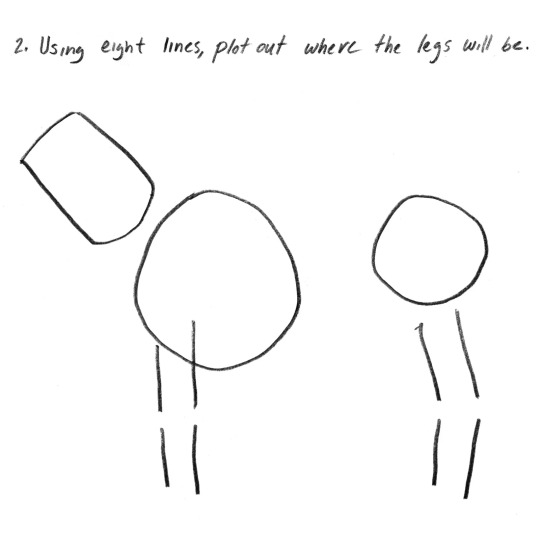
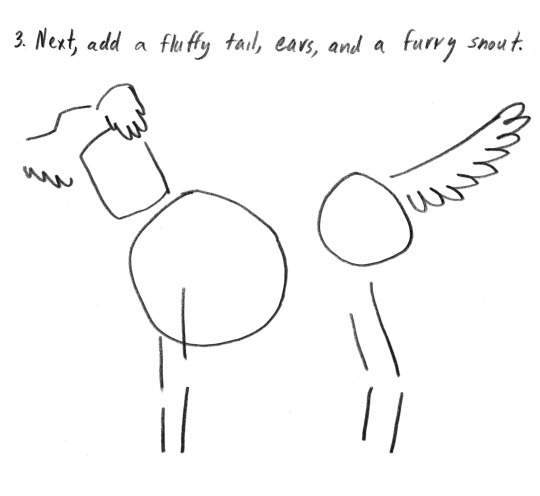


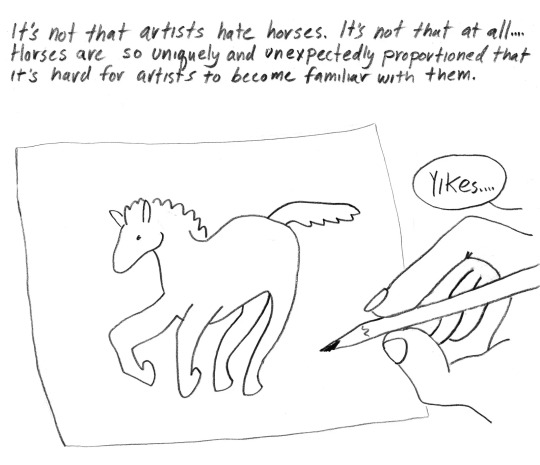
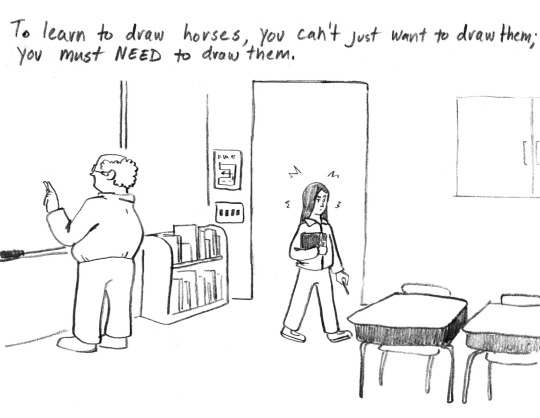
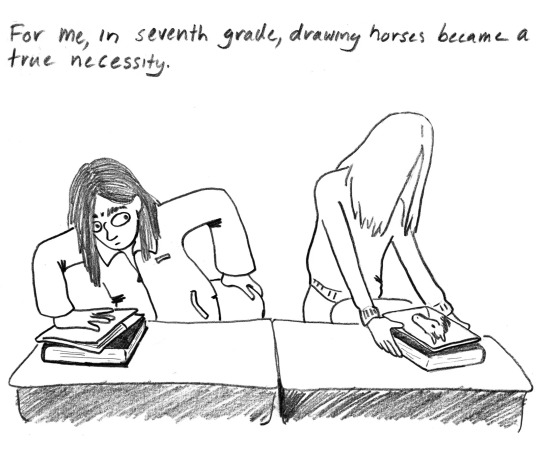

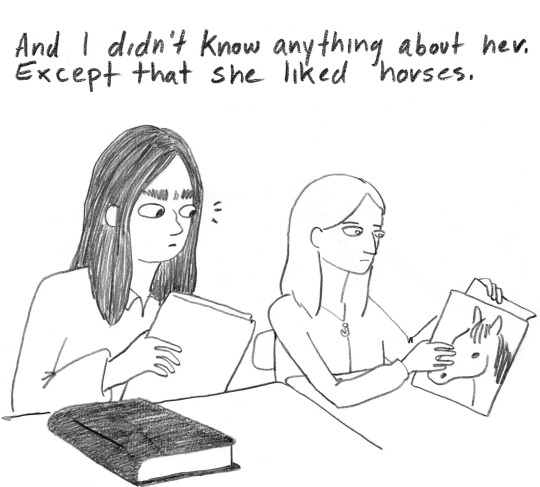



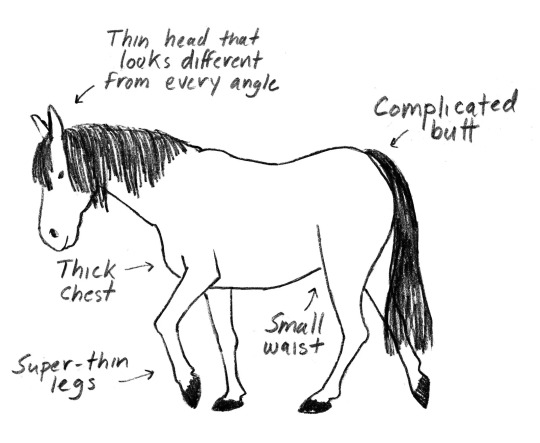


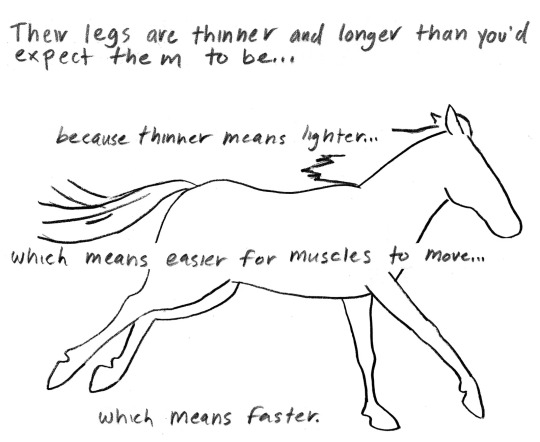


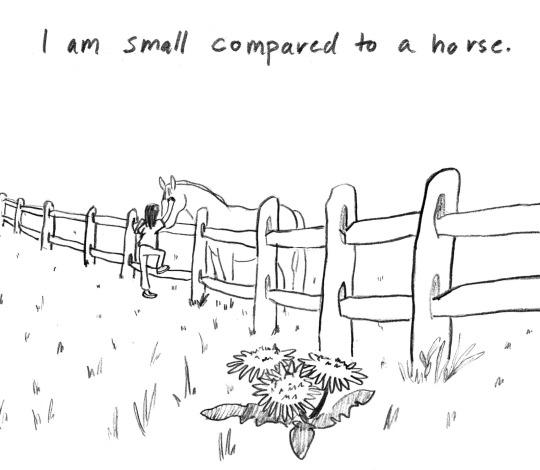

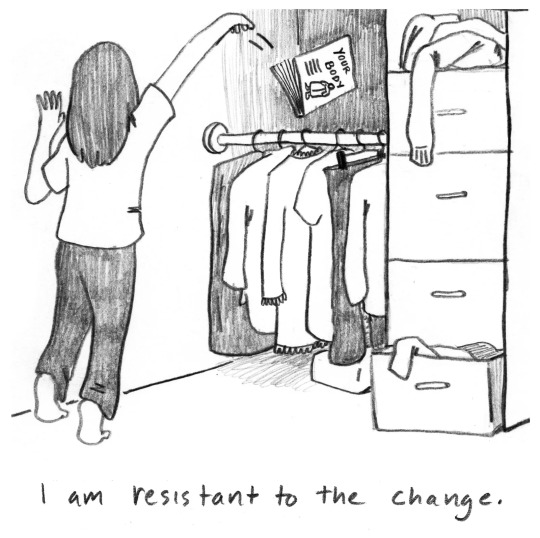
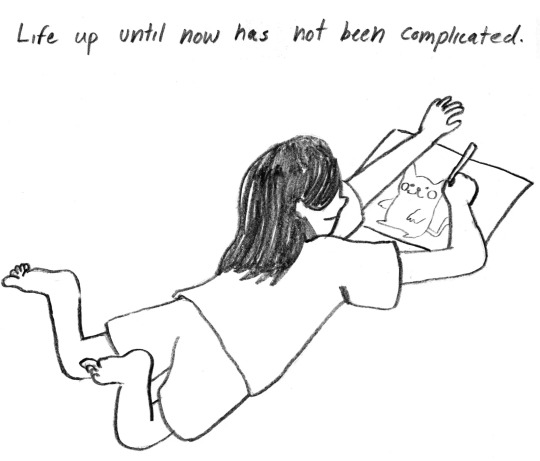
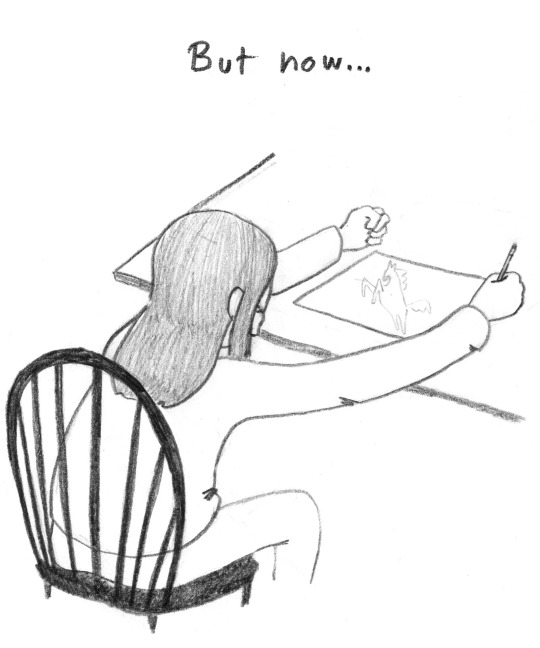

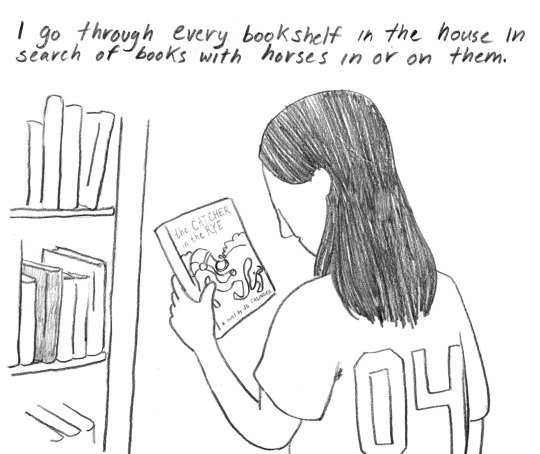
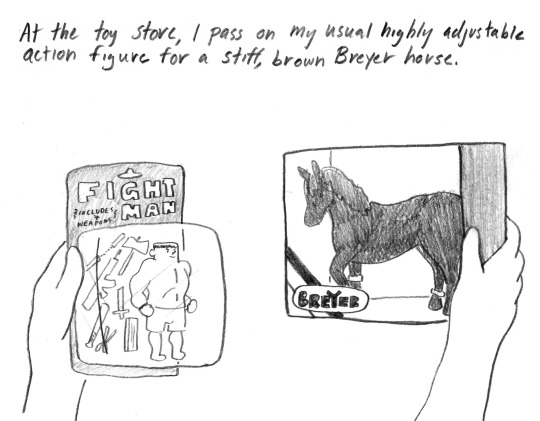
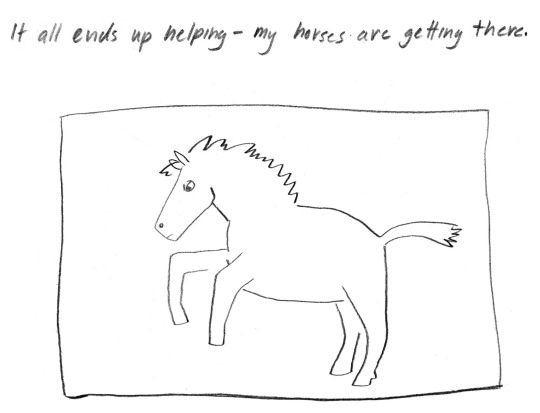
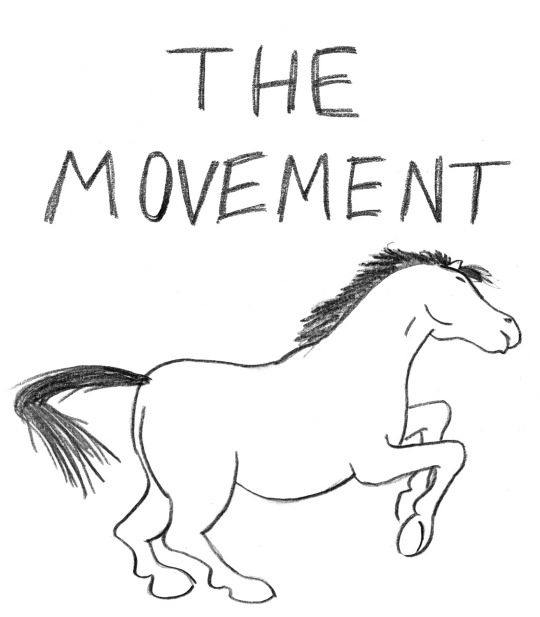

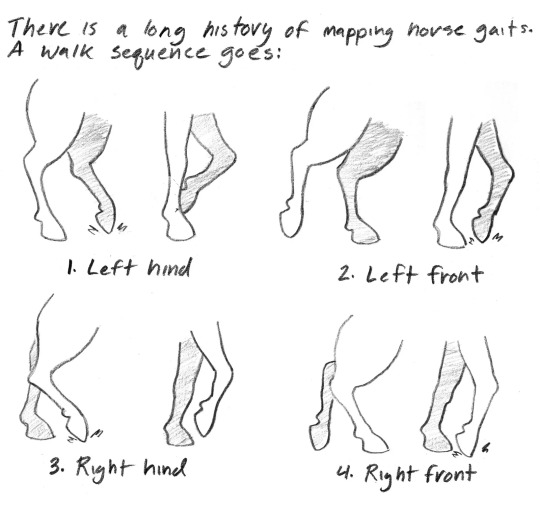
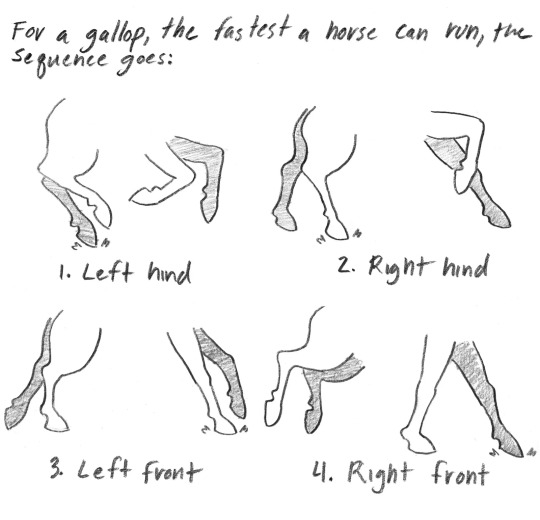




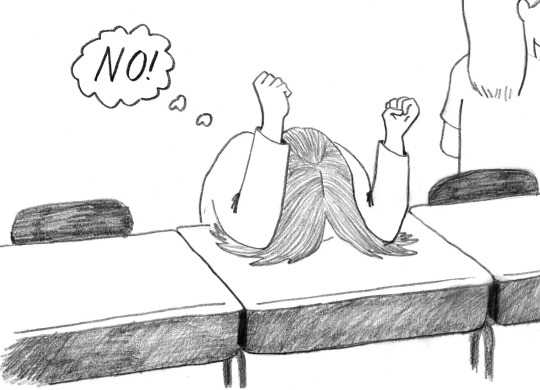

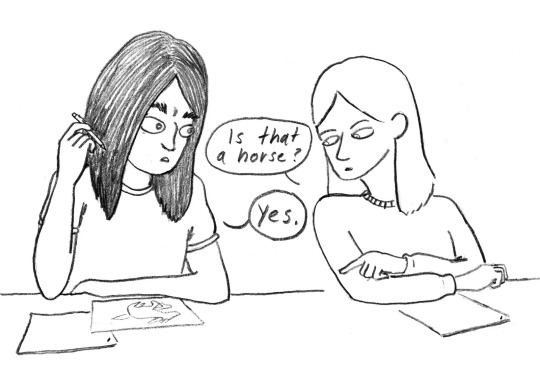


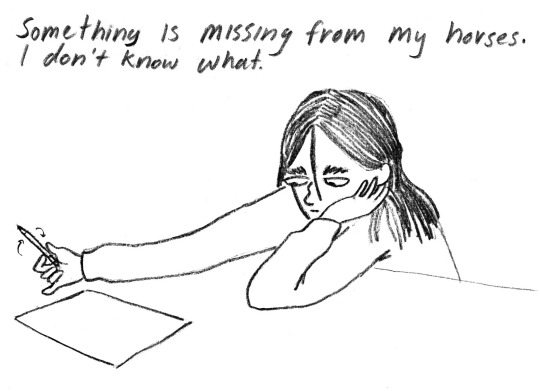

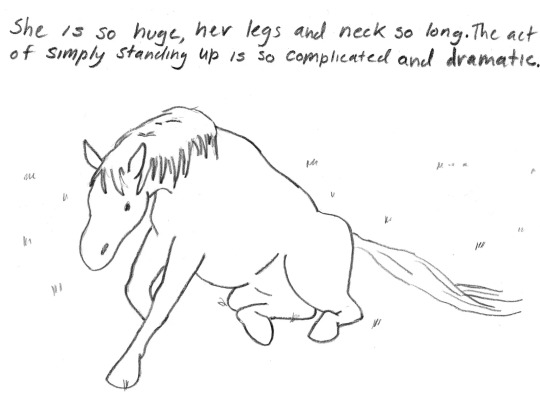
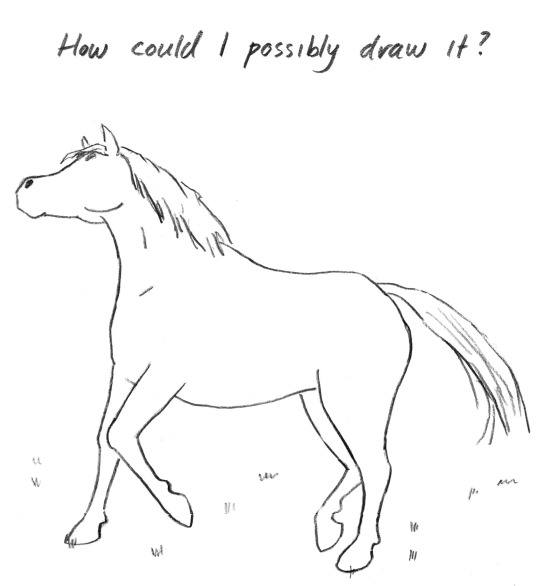
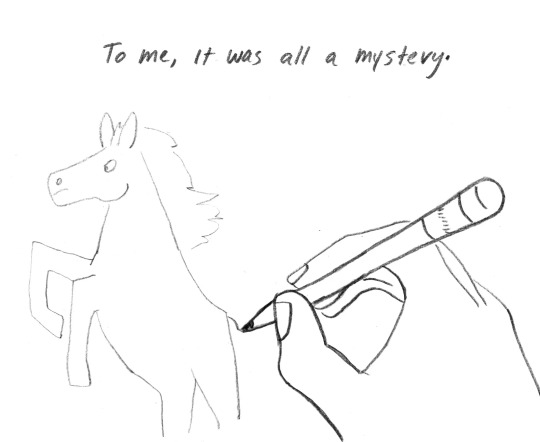
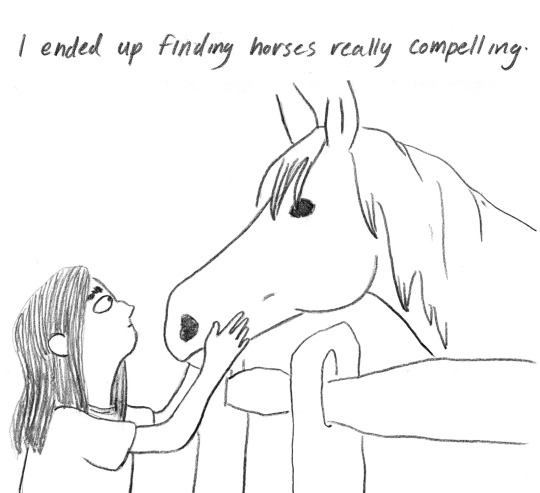

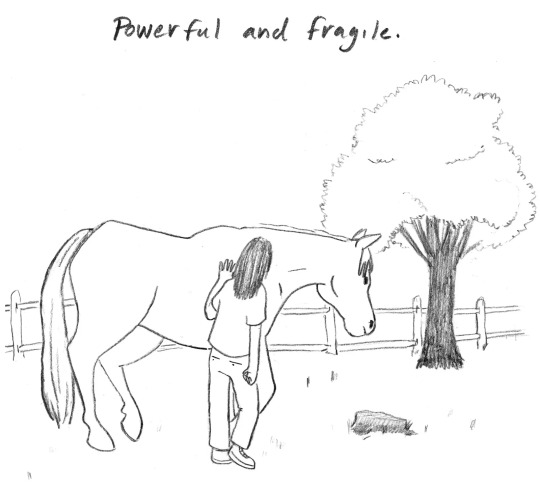
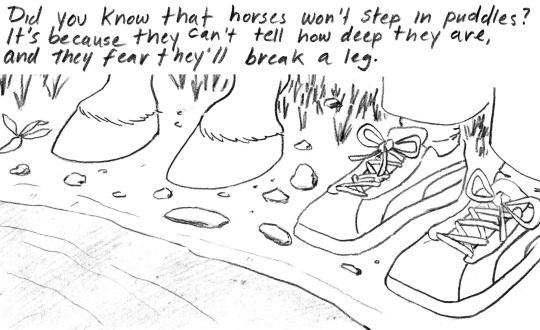



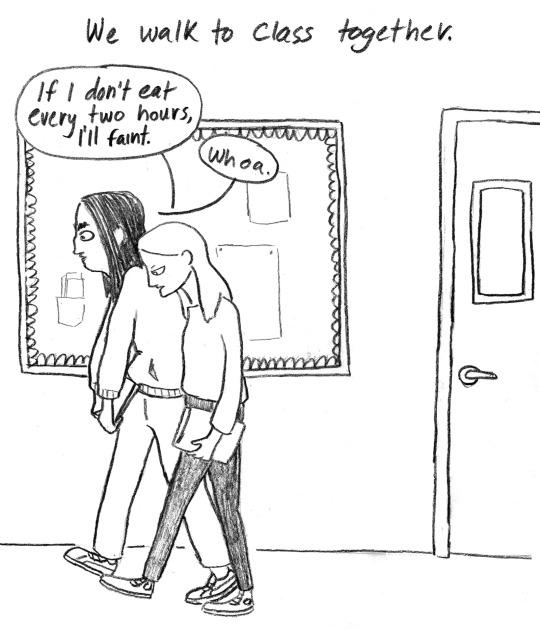

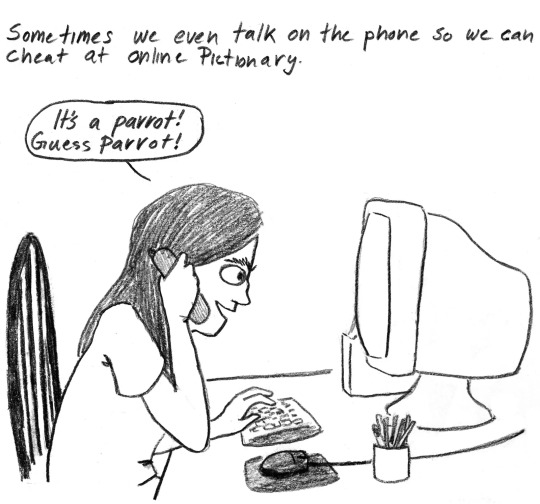
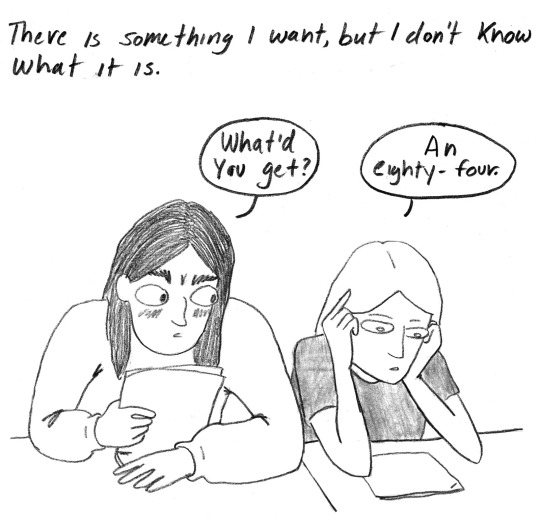
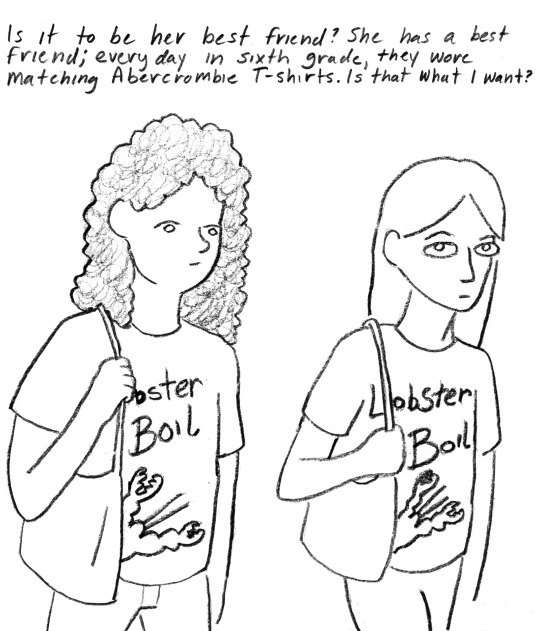
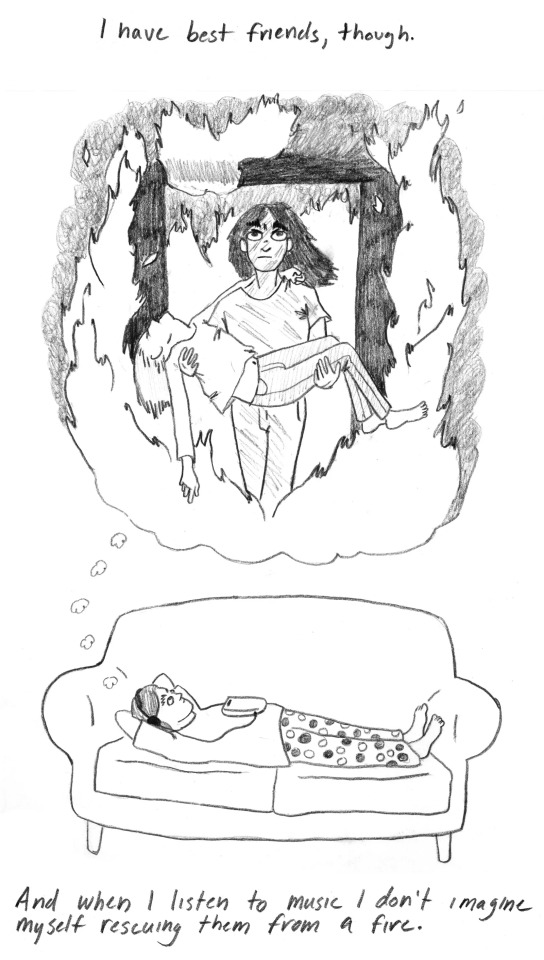
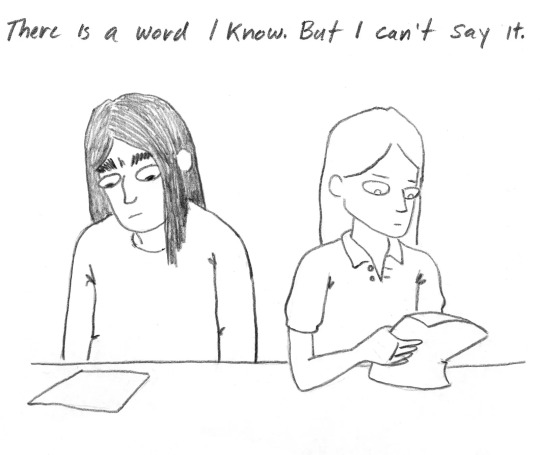



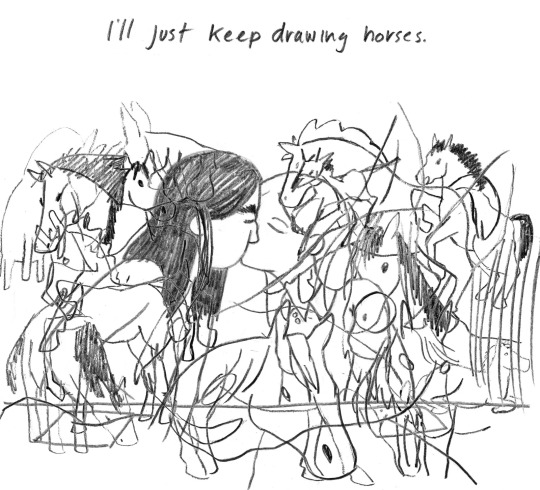
ppl have been tagging me as the artist, and i dont want to take credit for someone else’s work!! emma hunsinger is an illustrator who does a lot of the New Yorker cartoons and made this comic (which was featured in the new yorker) glad to have bring some ~emotions~ to you all though :))
#in honor of my best friend who i learned to make origami dinosaurs for#youre welcome#how to draw a horse#comic#the new yorker#ouch#aaaaahadkjfhalsdkjfh#queer#gay#high school lesbians#middle school lesbians#the horse comic#that horse comic#lesbian#lgbtq#lgbtqia
113K notes
·
View notes
Text
girls with the ... the open blouses and you can ... and it's like ... it's it's ... you can see the ... !!
*collapses*
#4cups.exe has stopped working#lesbian#bisexual#pansexual#lgbt#lgbtq#lgbtq+#lgbtqia#sapphic#wlw#nblw#wlnb#sapphics#gay#queer#lesbian pride#bi#bisexual pride#pan#pansexual pride#gay pride#queer pride
67K notes
·
View notes
Text
“this character is not canonically bisexual” to YOU. i know them personally
#this is in fact about Heronstairs#and Geralt and Jaskier and yennefer#this is about characters that don’t have canonically assigned queer identities#will herondale#jem carstairs#heronstairs#bisexuality#queer#lgbtq#geralt of rivia#yennfer of vengerberg#jaskier#the Witcher
85K notes
·
View notes
Text
Gay weddings from different cultures
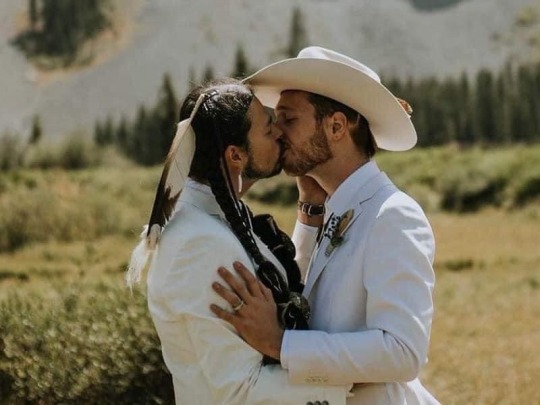

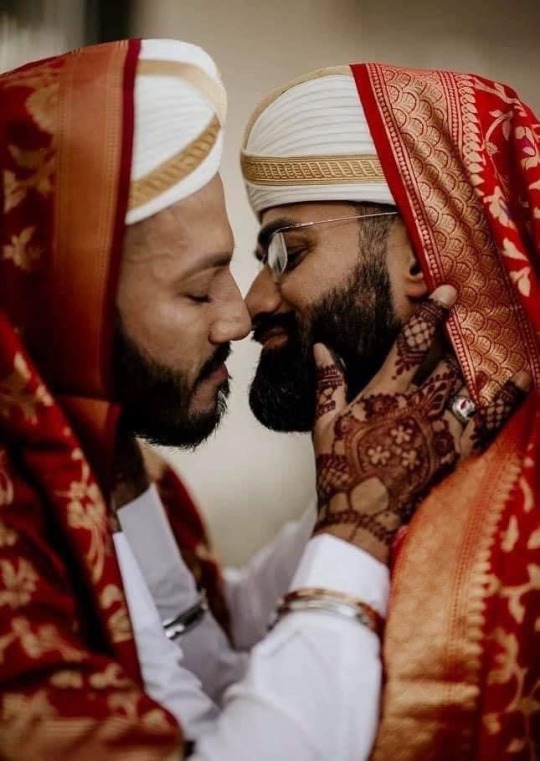
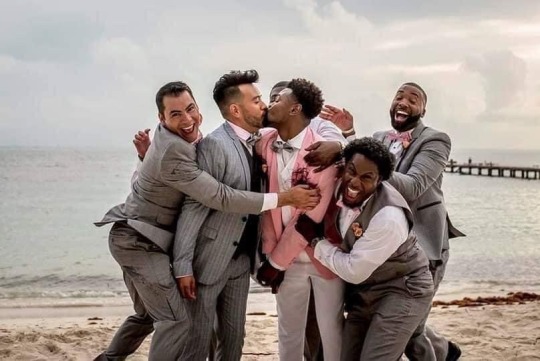

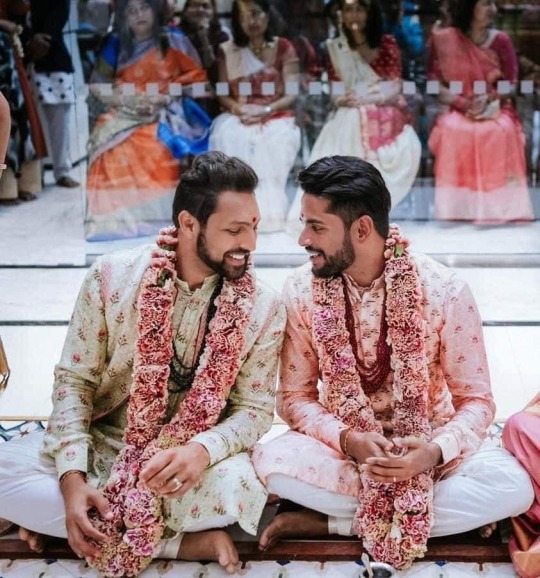
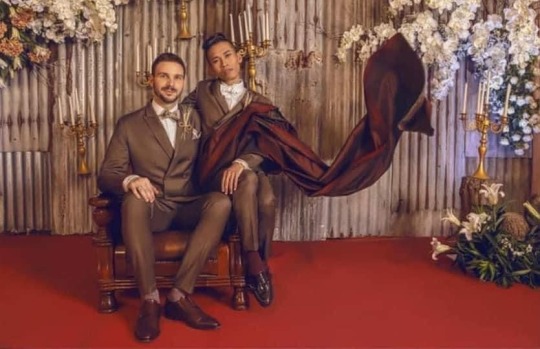
144K notes
·
View notes
Text
#i love them#gay#lgbtq+#ship inspo#couple inspo#omg#funny#it's not just in french i see#angry french noise#english#languages#tiktok#tiktoks#@nickychampa
65K notes
·
View notes
Text
this man is the one true ally
112K notes
·
View notes
Text

63K notes
·
View notes
Photo







LIL NAS X and ELTON JOHN for Uber Eats
#lil nas x#elton john#lilnasxedit#eltonjohnedit#lgbt#lgbtq#lgbtsource#dailylgbtq#blogmusicdaily#chewieblog#bbelcher#dailymusicians#dailymenedit#flawlessgentlemen#happyxy#tusercourtney#tusernico#userjasmine#tuserchar#userreeshika#usershreyu#*#*lex
98K notes
·
View notes
Text
#tiktoks#videos#lgbt#lgbtq#lgbtqia#trans#transfem#user: e.streetcar#she/they pronouns#1k#5k#10k#20k#30k
99K notes
·
View notes
Text







This is Doris Pollas, the cofounder of the organisation now known as lgbt+ Denmark which by being founded in 1948 is one of the oldest ongoing queer organisation in the world.
Doris lived in a farm in Jutland as a child. She was always butch and figured out she was a lesbian in her teens. When she heard about a club in copenhagen where boys kissed boys and girls kissed girls she went just some months after and it was through that club she started a paper connecting queer people all up to seventies and co founded lgbt+ Denmark.
She is now 97 years old and wishes for every queer person to have an as loving and accepting family as she did.
I don’t see a lot of older gays from my country, so learning about Doris, a masc lesbian, was really nice.
117K notes
·
View notes
Text
How to have a good internet experience in 8 easy steps
#1 - Stop having a bad faith interpretation of every thing you read
If you think something someone said might have been something you disagree with, instead of starting an argument, ask them to clarify or ask them specific questions about what they said
You will be so surprised to find that half the people you assume are being shitty or negative just didn't phrase what they meant very well
#2 - Learn to block people
It's free, it's easy, and it will save your life. Tired of someone tagging your stuff with characters from a fandom you don't like? Don't try to control them by telling them not to, just fucking block them. Less upsetting to them, less work for you, less inflammatory, more effective.
#3 - Don't share your entire backstory with strangers on the internet
No one is entitled to your information - not your pronouns, your age, your sexuality, your location, nothing.
Share the things that you're comfortable with, but remember that the more you share, the more vulnerable you make yourself to attacks. Like, do not share your triggers in your bio. You are giving abusers and harassers a to do list. Keep that shit private for your own safety.
You can get harassed, you can get stalked, you can get doxxed. Internet safety is real and necessary and the less we care about it, the more we set up future generations to get hurt through the internet
#4 - Learn to say, "It's none of my business."
Don't understand someone's desire to use neo pronouns? None of your business. Can't understand why someone is a furry? None of your business. Curious about how someone who talks about being poor can have a Starbucks in that last selfie they posted? None of your damn business.
If you don't like certain things on your dash, unfollow or block people. If you don't understand how someone can identify a certain way or do a certain thing or like a certain thing or feel a certain way or literally anything, just remember, it's none of your business.
If you have genuine questions from a place of good faith (i.e. what inspired you to use neopronouns?/what do you pronouns mean to you?) Go for it. But if you're only asking questions to draw negative attention to someone or make them feel bad or to other them, you're just being a nosy asshole.
Minding your own business is also good for you because - and I mean this genuinely - feeling entitled and superior is fucking exhausting. I know, because I've been 20 before. You will have a way better time online if you just stop caring about shit that doesn't concern you
#5 - Learn to lurk
Lurking is frequently seen as a bad thing, like someone who's lurking is somehow being creepy. The truth is, lurking is a great way to learn. More people should do it.
For example, if you're new to a community, spend some time consuming content and information from that community without saying anything. This goes for fandoms, queer spaces, disabled spaces, cultural spaces, etc.
Nothing is worse than being in a community for years and someone popping in for the first time in their life and airing their opinions loudly and with zero respect for the space. A great example of this is that post someone made about the leather pride flag. You know the one.
(If you don't, basically, someone said that the leather pride flag is embarrassing and insulting to the queer community and has no place at pride and then got schooled by hundreds of people about how the leather pride flag is one of the oldest flags in the queer community and leather daddies and leather dykes were the people on the front lines protecting other queer people from cops back in the 80s and 90s)
So basically, learn the history of a community, research your opinions before you decide they're your opinions, and keep your ignorance to yourself until you're not ignorant anymore. Not only is this better for community spaces, you won't have 9000 notifications of people telling you to shut the fuck up
Learning to lurk to educate yourself about a space also makes actually speaking in that space a lot easier
#6 - Stop believing everything you read
I'm not talking about stupid funny stories. Believe them - it's not hurting anything to get a laugh out of something that may or may not have happened.
I'm talking about news and current events. If you hear that some celebrity did something and there are no receipts, go and find the receipts or discard it. People spread misinformation on here all the damn time. It's like a game of telephone and, unfortunately, a lot of small creators end up getting slandered and canceled because of it.
#7 - Quit wasting energy on hating random shit
Being annoyed by a certain fandom is one thing, but actively hating things that other people do just because you're not into it is such a waste of your energy. Not only are you actively putting more negativity into the world, you're wasting your own time on things that upset you.
Focus your time and energy on the things you do like and quit scrolling through Tumblr user AnimeIReallyHate7648's discourse blog. You might think it's fun, but there comes a point where hating something goes from kind of fun to actually obsessive and unhealthy for you as a person.
#8 - Unlearn purity culture
This is a big one guys. What is purity culture? It's referenced a lot, but I think a lot of you don't know what it is.
In short, purity culture is when people take many nuanced situations and try to divide them into black and white categories. There's the Good category and the Bad category. The problem is, life is not in black and white. You can't put a neat line down the middle between good and bad. This kind of thinking is extremely regressive. Ask any therapist alive and they will tell you that black and white thinking is unhealthy and often a Symptom of Something.
So, what happens is, someone sees something on the good side and spots something they think is morally objectionable in it and says, "this can't be here, it needs to go to the Bad side." (Cancel culture). The problem is, people are always on the lookout for anything wrong in the Good - constantly looking for impurities so that they can completely sanitize things and therefore be free of sin. So they will look harder and harder and harder and keep moving things to the Bad side of the line until there's basically nothing left on the Good side.
This ends up meaning that perfectly good media is canceled because every character in it didn't make the perfect, right choice every time. It damages media in that it demands characters be completely flawless - something no human is. When a character does something that's actually problematic, even if the media doesn't condone the behavior, instead of engaging with it and using it as an opportunity to learn and teach other people why that wasn't okay, people who subscribe to purity culture throw the baby out with the bathwater, saying the entire piece of media should be canceled because its creators support the problematic action of that character (even if they don't).
This entire line of thinking is extremely unhealthy, heavily informed by Christianity, infantilizes adults, assumes no one can distinguish fiction from reality, and promotes censorship, which has a long and sordid history.
I could go on about this at length, so if anyone wants a full post, just let me know. But the point is, purity culture is bad for community, it's bad for media, it's bad for healthy emotional and intellectual development, it's bad for interpersonal understanding and empathy, and it's bad for you.
Unlearn purity culture and you will be a happier person. If all else fails, remember step #4.
#purity culture#canceled#Tumblr#internet#Twitter#fandom#queer#lgbt#lgbt+#lgbtq#lgbtq+#lgbtqia#disabled#actually disabled#actually adhd#ADHD#ghost wisdom#1k#5k#10k#20k#30k#50k
56K notes
·
View notes
Text
There was this kid that used to be my neighbor (let’s call him Ivan) and he was a typical cishet white boy gamer kid, and he was kind of an asshole sometimes. But let me tell you, Ivan was also one of the best lgbtq allies ive ever met? Like he was kind of a dick but he was the kind of person to be in a group of people when someone makes a shitty joke and look that person straight in the eyes and say “that’s transphobic, Kevin. Stop being a dick” without missing a beat.
It was just nice to see. Like I told him I was bisexual and he was like “that’s dope. Tell me if I need to beat anyone up for being a dick to you. Anyway, let’s go set things on fire in Minecraft”
He’d be mean to someone and then someone else would call the kid they were bullying a homo and he’d stop what he was doing and be like “there’s nothing wrong with being gay, don’t be homophobic, Billy” and then go back to trashing this poor kid. It was so fucking surreal. I miss him. I’m kinda sad we fell out of touch. Stay strong, Ivan. You… woke middle school bully?
#srsly tho I hope he’s doin okay#he wasn’t all that bad#just a little clueless#miss him#his mom was rlly cool#maybe that’s why he was awesome#she was a weed smoking hippie#man#those were the days#neighbors#story time#lgbtq ally#lgbtq+#lgbtq positivity#allies#straight ally
52K notes
·
View notes
Text
So I asked nonbinary reddit this a while back:
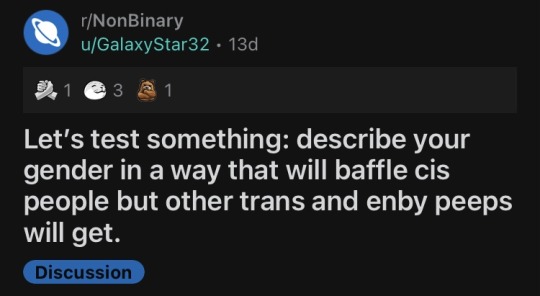
And they really went all out, here are some of my favorite responses:
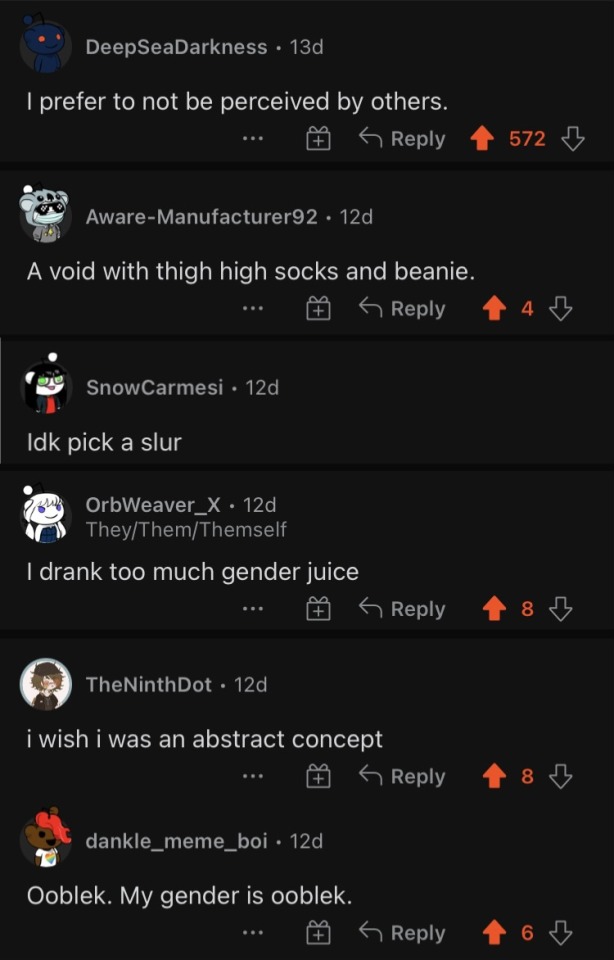
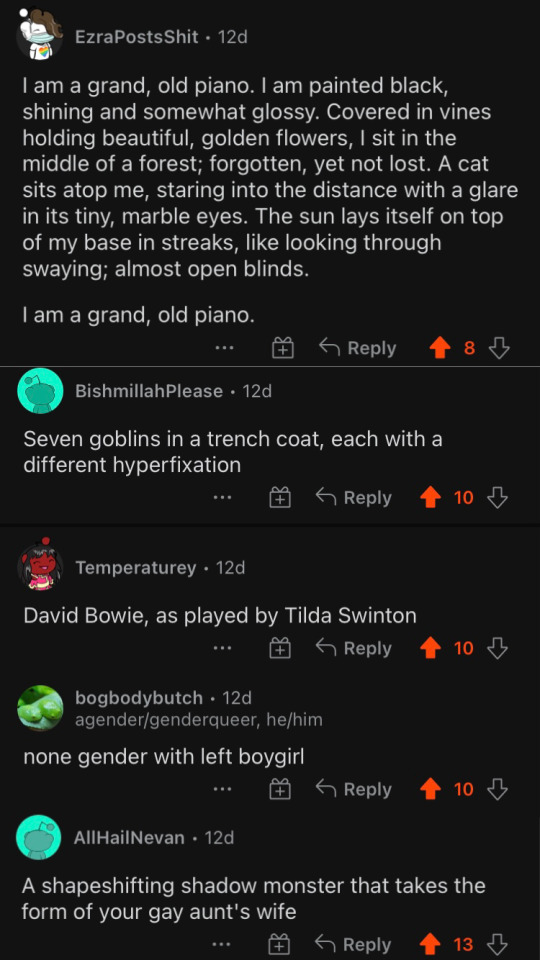
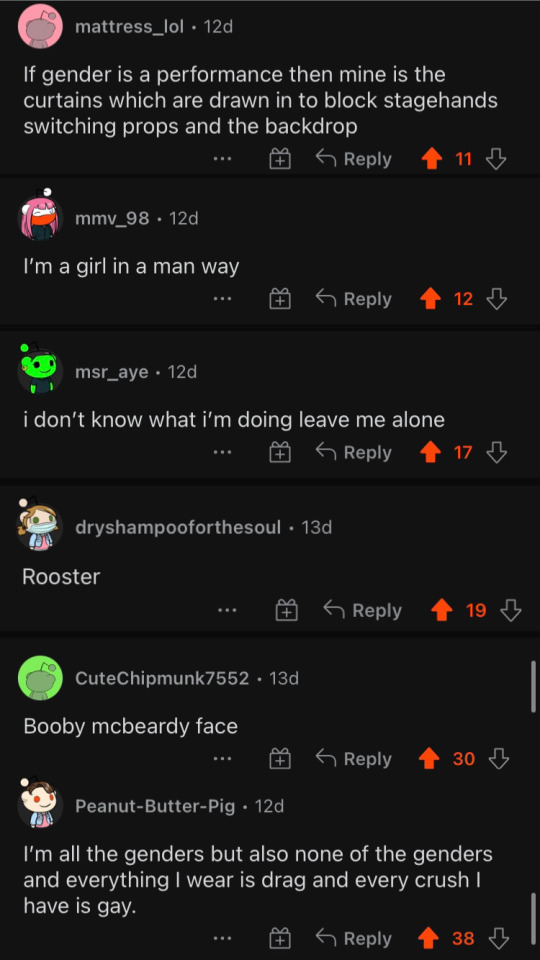
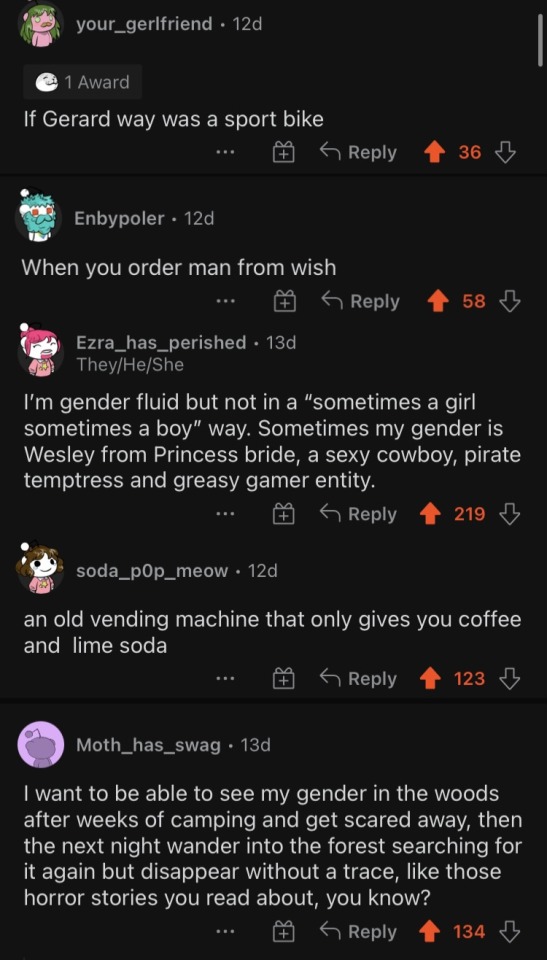
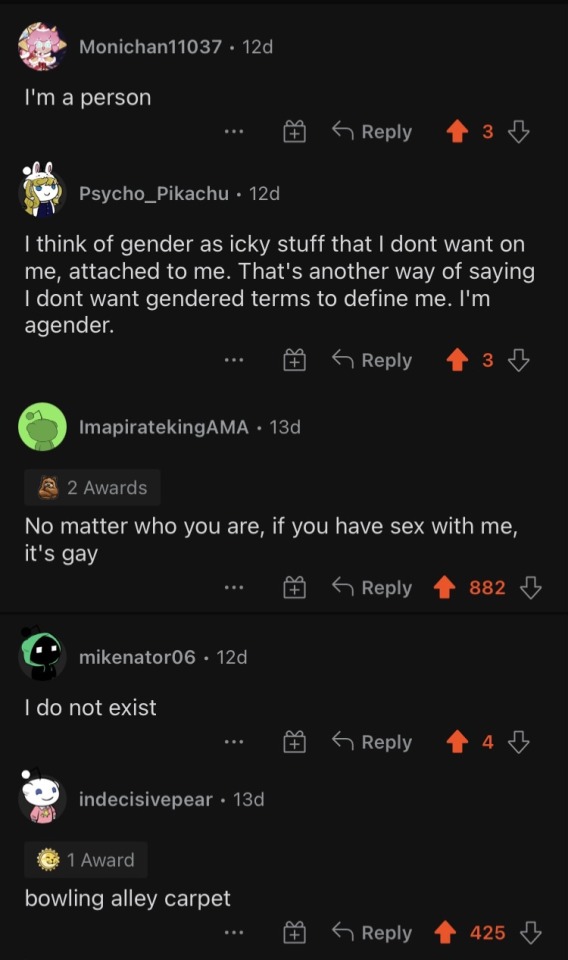
And of course, the most confusing of all to cis people:

Link to the original if you wanna see more responses!
Edit: first off, wow I did not expect this to take off like it did, thank you!
Second, this somehow made it onto TERF and anti-sjw tumblr and their replies are just proof they have no sense of humor.
#nonbinary#enby#trans#transgender#gender memes#reddit#lgbtq#queer#genderqueer#agender#genderfluid#bigender#demiboy#demigirl#gender envy#describe your gender
63K notes
·
View notes
Text
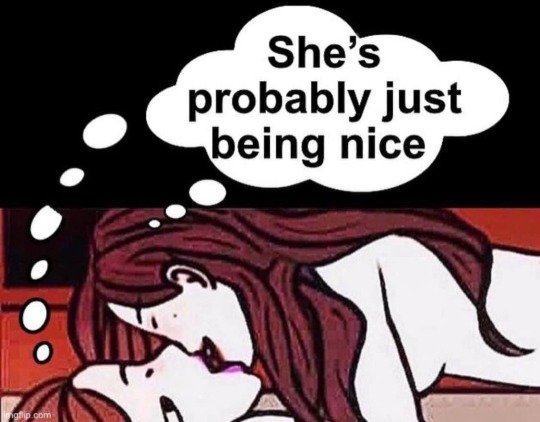
#mood#wlw#sapphic#queer#lgbtq#bi#bisexual#lesbian#pansexual#gal pals#gals being pals#meme#memes#link in source
41K notes
·
View notes
Text
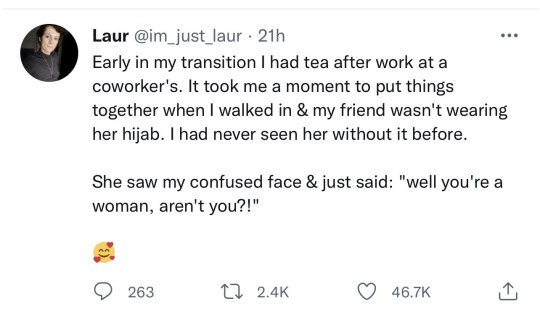
48K notes
·
View notes